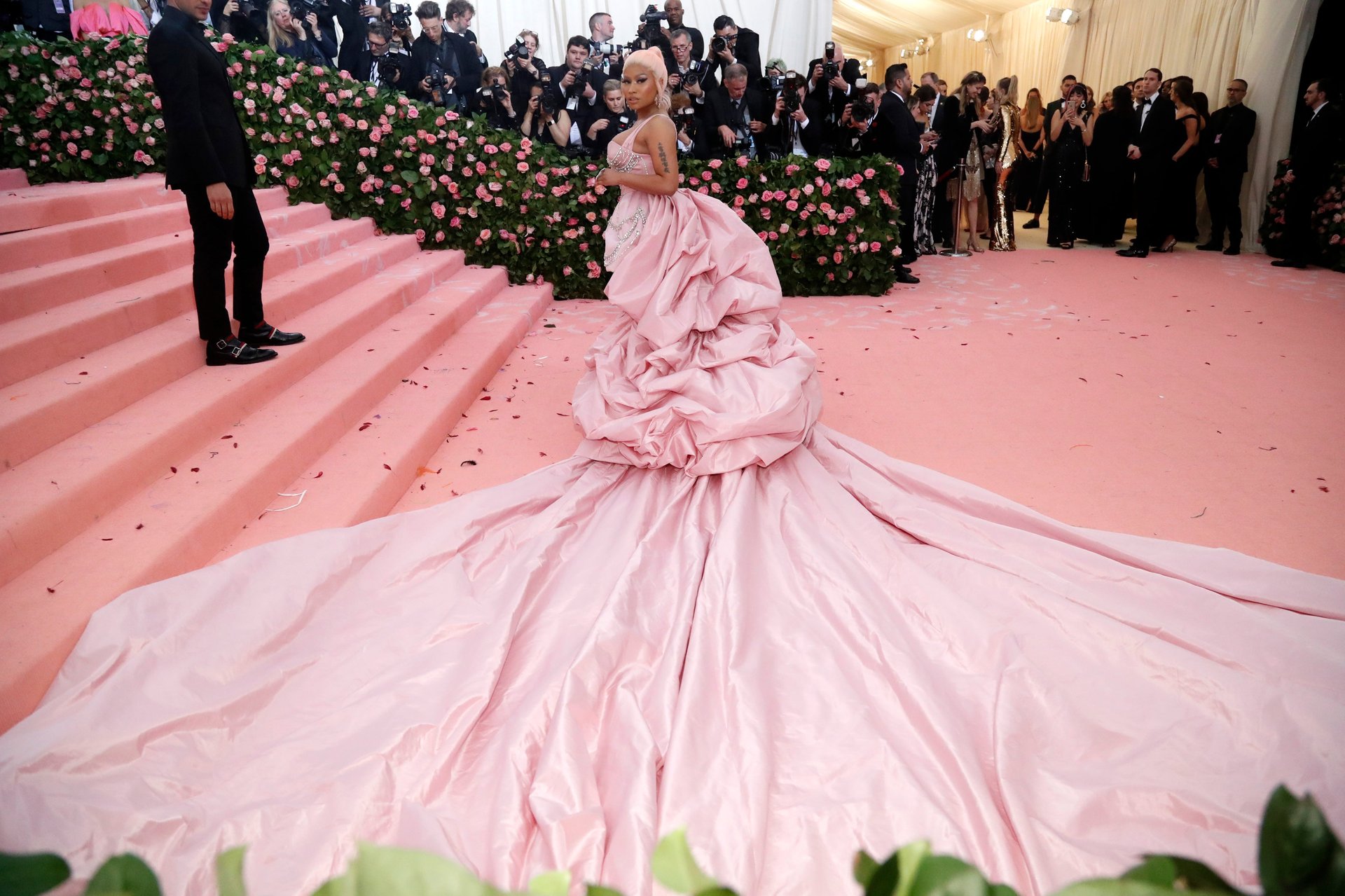Will China force Alipay to break up?
Good morning, Quartz readers!


Good morning, Quartz readers!
Was this newsletter forwarded to you? Sign up here. Forward to the friend who wants to take stock of their life.
Here’s what you need to know
Alibaba shares fell after more reports of Chinese government scrutiny. According to the Financial Times, regulators want to break up Alipay, China’s most popular payments app.
Epic Games appealed against last week’s Apple lawsuit verdict. The exact basis for the appeal is unclear, but it seeks to overturn a mixed court ruling for the gaming company.
India’s Jet Airways is set to fly again in early 2022. The airline went bankrupt in 2019, before being revived by the Jalan Kalrock consortium.
England is scrapping vaccine passports. The UK government said it would hold the measure in reserve if conditions change this fall.
There are new tennis champions on the block. The UK’s Emma Raducanu—just 18, and primed for an avalanche of commercial deals—and Russia’s Daniil Medvedev won the US Open singles titles.
What to watch for

Fashion’s “biggest night out” is upon us once again. The Met Gala, a fundraising bash for the Metropolitan Museum of Art Costume Institute in New York City, will reconvene the red-carpet crowd for an evening of sartorial daredevilry. Canceled in 2020 due to the pandemic, its return today marks the city’s slow reopening, along with Broadway shows and the US Open. Celebrities, designers, and “creatives” will appear before the paparazzi pushing the limits of what can be worn (and not worn) before a worldwide audience.
Hosts of this year’s event include 23-year-olds Amanda Gorman, the breakout poet at Joe Biden’s presidential inauguration, and tennis champion Naomi Osaka, currently on sabbatical from the sport. Tickets to the event, which raised $15 million in 2019, cost $35,000 apiece. Or you can watch it for free on the event’s official live stream.
I ♥️ NY
Days after Sept 11, a small poster had a big impact in New York City. Plastered in bodegas, sideways, and subway stations was a message of steely affection for the shell-shocked city: “I ♥️ NY More Than Ever”.
Its creator, the late Milton Glaser, conceived of it as an evolution of the “I ♥️ NY” logo he designed pro bono for New York state 45 years prior. Using the original American Typewriter font, he stacked the words “More Than Ever” and drew a smudge on the corner of the heart to hint at the geographic location of the World Trade Center in Lower Manhattan, and the city’s mourning after the loss of so many lives.
The 9/11 Museum and Memorial calls Glaser’s 9/11 poster an all-purpose “symbol of our nation’s determination and resilience, now and then.” True enough, the symbol has reappeared throughout New York City in recent months. This time, Glaser’s graphic is being used to rally the city through the Covid-19 pandemic.
Smart cities are a legacy of 9/11
What do smart cities have to do with the Sept. 11 attacks? Most can trace their origins back to a massive surveillance network that New York built in the aftermath of 9/11.
Cities reporter Camille Squires explores the connection between efforts to secure lower Manhattan—the massive network of cameras, license plate readers, radiation detectors, and thousands of closed-circuit TV cameras hooked into the New York City Police Department’s command centers—and the technology we use today to manage everything from traffic flow to air quality.
In 2012, New York City partnered with Microsoft to build a public-private monitoring network called the Domain Awareness System. Despite privacy and civil rights concerns, it was licensed to other law enforcement jurisdictions and eventually tapped to help manage other things like traffic (Pittsburgh and Washington DC now use such systems).
As cities embrace smart city technology for transportation, energy grids, water meters, and internet connectivity, they face hard choices about individual privacy rights and the desire to collect every data point possible.
Read more about Rethinking Cities as our metropolises are transformed by the Covid-19 pandemic, the rise of remote work, and other changes affecting cities. ✦ Get this and more, by becoming a member. Nab 40% off using code QZEMAIL40.
Surprising discoveries
Michelangelo is believed to have stood at 5’2. Researchers are examining his shoes and other personal effects for the first time to estimate his physical attributes.
It turns out unicorns may exist. Chinese EV maker Xpeng has teased a robot unicorn meant for children to ride.
Car dealers tried to block Tesla from selling directly to customers in New Mexico. So the company opened a dealership in an old casino on tribal lands.
Black holes have a pressure, as well as a temperature. The discovery shines a “new light on the quantum nature of black holes.”
A US military robot ship fired a large missile for the first time. The demonstration is part of an effort to develop robot vessels that operate alongside crewed warships.
Our best wishes for a productive day. Send any news, comments, Met Gala outfit ideas, and robot unicorns to [email protected]. Get the most out of Quartz by downloading our iOS app and becoming a member. Today’s Daily Brief was brought to you by Hasit Shah, Michelle Cheng, Michael Coren, and Liz Webber.